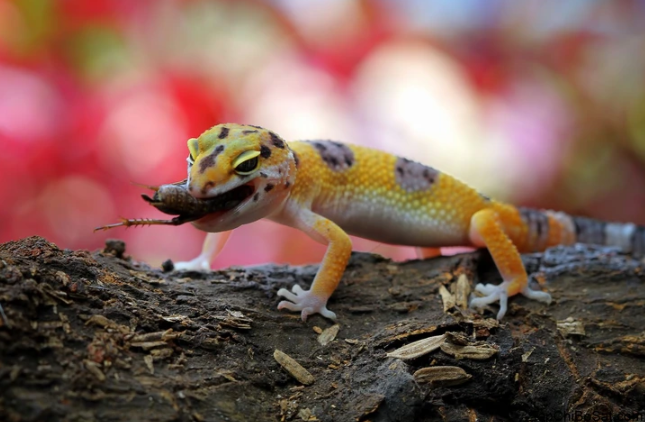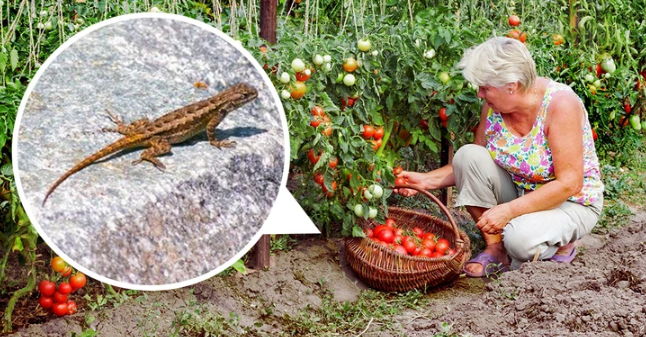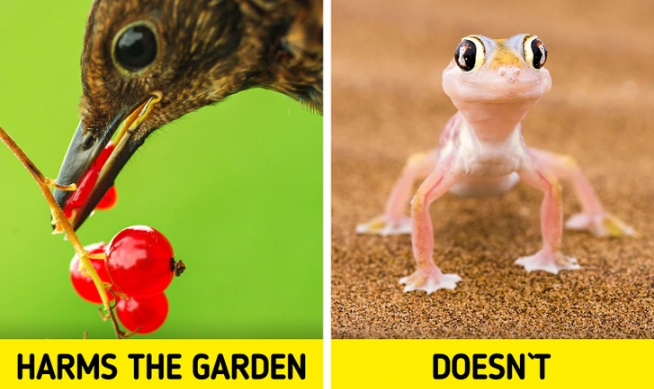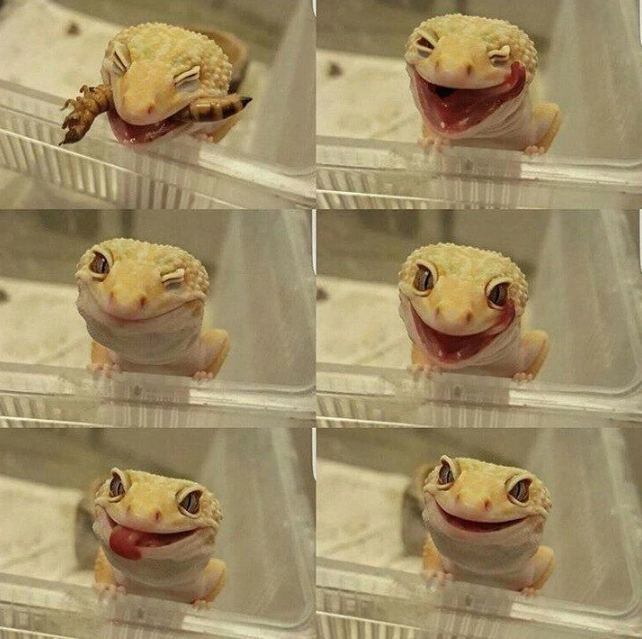Why We Should Never Chase Away House Geckos and Lizards
Some animals have superpowers — and geckos are example! Starting with their sticky toe pads and their ability to cling to walls and ceilings, ending with their exceptional nocturnal color vision. When people see geckos in their garden, many want to get rid of it as soon as possible. Here are 5 reasons you should stop doing this.
Geckos can feed on dangerous insects.

All reptiles are believed by some people to be dangerous. There are many reptiles that are not dangerous to humans, and some species can even be beneficial — just like common house geckos. They feed on insects that can often be harmful — cockroaches, moths, flies, spiders, termites, and wasps.
If geckos live in your garden, it probably means it’s an ecologically clean area.

Many chemicals can be toxic for geckos, so if these reptiles come to your place — it’s a good sign. It means that your garden is ecologically-friendly. And insects can evolve to resist insecticides, so they might either never leave your garden at all or come back to it as soon as the insecticides evaporate. Therefore, a more natural way to get rid of these pests in the garden is to let the geckos do their job.
Geckos won’t eat anything from your garden, unlike birds.

These nimble tailed creatures won’t eat any berries, fruits or vegetables in your garden. That’s where they differ from birds which also feed on pests, but who also like the berries or edible fruits you might be growing. Birds may seem sweeter and more harmless, but in reality, they can simply peck up your entire crop, while lizards, on the contrary, can protect it.
They aren’t dangerous to humans.

It might seem like geckos have superpowers because they can crawl up the ceilings and make weird noises during the night, but they’re actually not that scary at all. Common house geckos are not venomous and pose no threat to humans (though they can bite when distressed), and they actually provide a service by feeding on pests around and outside your house.
Geckos can carry salmonella, which is easy to avoid.
Geckos can transmit salmonella, just like many other reptiles. And it’s not through biting, but through their feces. So if you find gecko excrement on something, you should wash it off well and, of course, you shouldn’t kiss them (or cats, dogs, and other animals).
Do you know of any other helpful animals that are usually mistreated? We’d be happy to see your comments in the section below.